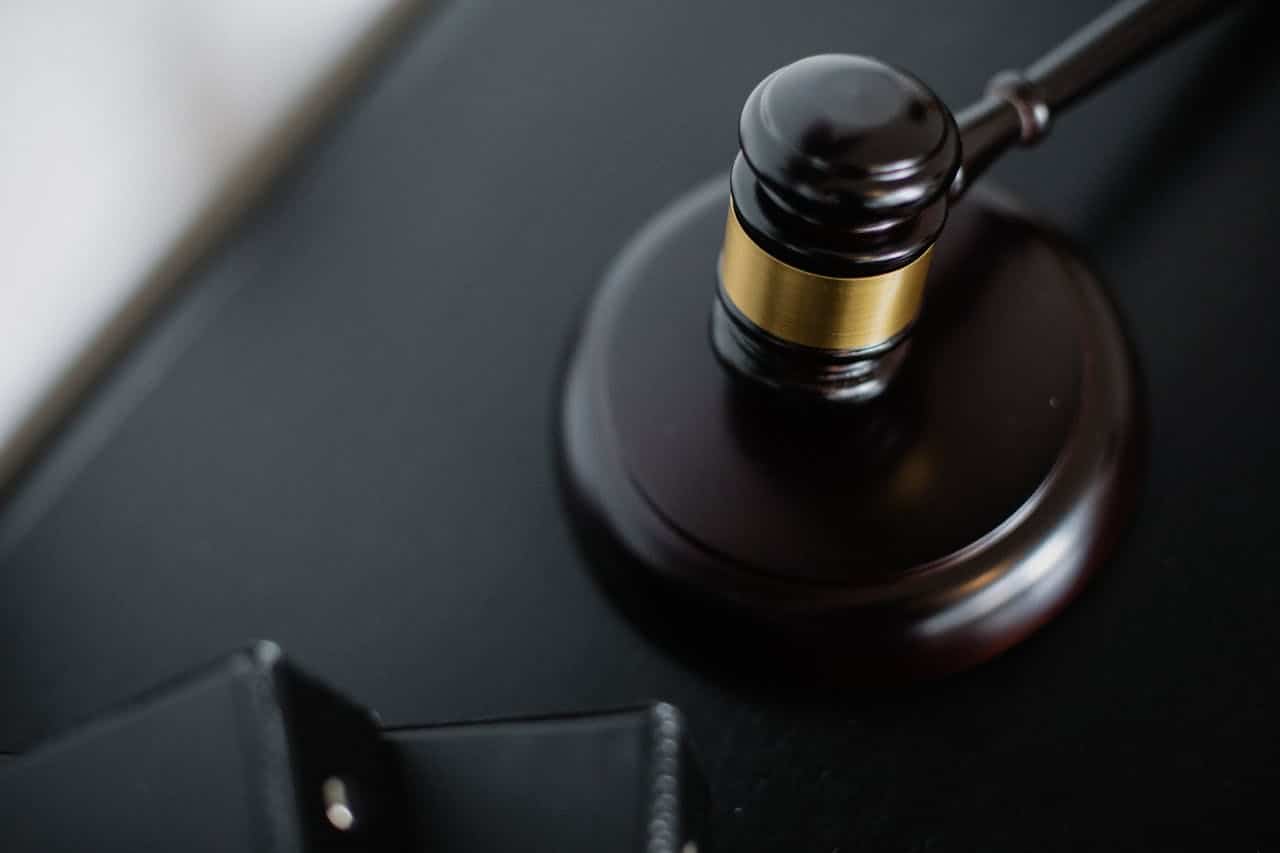
Lead poisoning remains a serious health risk, particularly in older buildings that still contain lead-based paint or plumbing materials. Prolonged exposure to lead can lead to severe health problems, especially in children, affecting their development and causing long-term cognitive and physical issues. If you or your loved ones have been affected by lead exposure due to a negligent property owner or landlord, you may have grounds to file a lead poisoning lawsuit. Engaging experienced lead poisoning lawyers is critical to navigating this legal process, as they can guide you through each step and help secure compensation for your damages.
Understanding Lead Poisoning and Its Dangers
Lead poisoning occurs when lead accumulates in the body over time, often through inhalation or ingestion of lead particles or dust. Children are particularly vulnerable because their growing bodies absorb lead more easily, and their developing brains and nervous systems are more sensitive to its effects. Common sources of lead exposure include lead-based paints, which were widely used in homes before being banned in 1978, and lead-contaminated water pipes.
Health problems associated with lead poisoning can include learning disabilities, behavioral issues, impaired growth, hearing problems, and even permanent brain damage. Adults exposed to lead may suffer from high blood pressure, kidney damage, and reproductive issues.
When landlords or property owners fail to properly maintain their properties, they may inadvertently expose tenants to lead hazards. In such cases, affected individuals have the right to pursue legal action to seek compensation for the harm caused by this negligence.
The Legal Process of Filing a Lead Poisoning Lawsuit
Filing a lead poisoning lawsuit can be a complex and detailed process. Here’s an overview of the legal steps involved, and how lead poisoning lawyers can assist at every stage.
1. Consultation and Case Evaluation
The first step in pursuing a lead poisoning lawsuit is consulting with experienced lead poisoning lawyers who specialize in these types of cases. During an initial consultation, the lawyer will evaluate your case to determine whether you have valid grounds for a lawsuit. They will assess factors such as:
- The source of the lead exposure
- The extent of the injuries or health problems caused by lead poisoning
- The responsible parties, such as landlords, property owners, or manufacturers of lead-containing products
During this consultation, the lawyer will also gather relevant information, such as medical records, housing history, and any notices you may have received about lead hazards on the property. This helps them build a solid foundation for your case.
2. Gathering Evidence and Documentation
Once the case is accepted, your lawyer will begin gathering the necessary evidence to support your claim. This often includes:
- Medical records documenting the diagnosis and treatment of lead poisoning
- Blood tests showing elevated lead levels
- Inspection reports from the property indicating the presence of lead-based paint, pipes, or other hazardous materials
- Witness statements, including from medical professionals, inspectors, or other tenants affected by lead exposure
- Documents showing that the landlord or property owner was aware of the lead hazards but failed to take appropriate action
This evidence is critical to proving that the property owner’s negligence directly caused the lead exposure and resulting health problems.
3. Identifying the Responsible Parties
In lead poisoning cases, identifying the parties responsible for the exposure is key to a successful lawsuit. In most cases, this will be the landlord or property owner who failed to maintain a safe living environment. However, other parties may also be liable, such as contractors who performed unsafe renovations, or manufacturers of products containing lead.
Your lawyer will investigate all possible avenues of liability to ensure that all responsible parties are held accountable. This comprehensive approach strengthens your case and increases the likelihood of obtaining full compensation.
4. Filing the Lawsuit
Once the necessary evidence has been collected, your lawyer will file the lawsuit in the appropriate court. The complaint will outline the facts of the case, including the source of the lead exposure, the extent of the injuries, and the legal grounds for seeking damages. The lawsuit will also specify the compensation you are seeking, which may include:
- Medical expenses (both current and future)
- Lost wages if you or your child’s condition has affected your ability to work
- Pain and suffering
- Costs for educational support or therapy for affected children
Filing the lawsuit is a crucial step, as it formally begins the legal process and notifies the responsible parties of your claim.
5. Negotiating a Settlement
In many lead poisoning cases, the defendant (typically the landlord or property owner) may attempt to settle the case before it goes to trial. Your lawyer will handle all settlement negotiations on your behalf, working to secure the best possible outcome for you and your family.
Lead poisoning lawyers are skilled negotiators who understand the complexities of these cases and can advocate for your rights. They will evaluate any settlement offers to ensure that they adequately cover your damages. If a fair settlement cannot be reached, they will be prepared to take the case to trial.
6. Trial and Litigation
If a settlement is not reached, your case may go to trial. During the trial, your lawyer will present the evidence gathered during the investigation, call expert witnesses to testify on your behalf, and argue your case before a judge and jury.
Lead poisoning trials can be complex, and having a skilled lawyer by your side is essential for presenting a strong case. Your lawyer will handle all aspects of the litigation process, from cross-examining witnesses to making closing arguments, to ensure that your rights are protected throughout the trial.
7. Receiving Compensation
If your lawsuit is successful, either through a settlement or a favorable verdict at trial, you will receive compensation for the damages you suffered as a result of the lead exposure. This compensation is designed to help cover medical bills, lost wages, and the ongoing care and support needed for victims of lead poisoning.
In some cases, punitive damages may also be awarded if the defendant’s actions were particularly negligent or reckless. These damages are meant to punish the wrongdoer and serve as a deterrent to others who may fail to address lead hazards in their properties.
Why You Need a Lead Poisoning Lawyer
The legal process of filing a lead poisoning lawsuit is intricate, and having experienced lead poisoning lawyers on your side can make all the difference. Here’s why:
- Expertise in Lead Poisoning Laws: Lead poisoning lawyers specialize in the legal aspects of lead exposure cases and are familiar with the relevant regulations and laws that govern landlord liability and property maintenance.
- Access to Resources: Lawyers have access to expert witnesses, including medical professionals and environmental specialists, who can testify on your behalf and strengthen your case.
- Maximizing Compensation: A lawyer will ensure that all possible damages are considered, from medical expenses to long-term care costs, ensuring that you receive fair and adequate compensation.
- Handling the Legal Process: From filing paperwork to negotiating settlements, a lawyer takes on the heavy lifting, allowing you to focus on your health and recovery.
Conclusion: Seek Legal Help for Lead Poisoning Cases
If you or a loved one has been exposed to lead and suffered health consequences as a result, it’s essential to take legal action. Lead poisoning lawyers can guide you through the process of filing a lawsuit, gathering evidence, and seeking compensation for the damages caused by negligence. Don’t wait to seek help—reach out to a lead poisoning lawyer today to protect your rights and secure the compensation you deserve.





